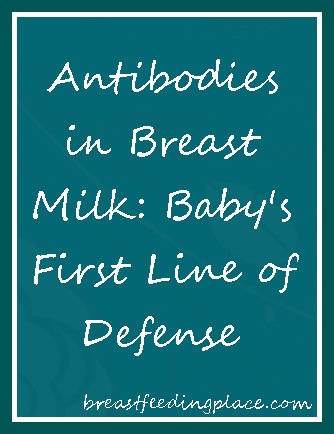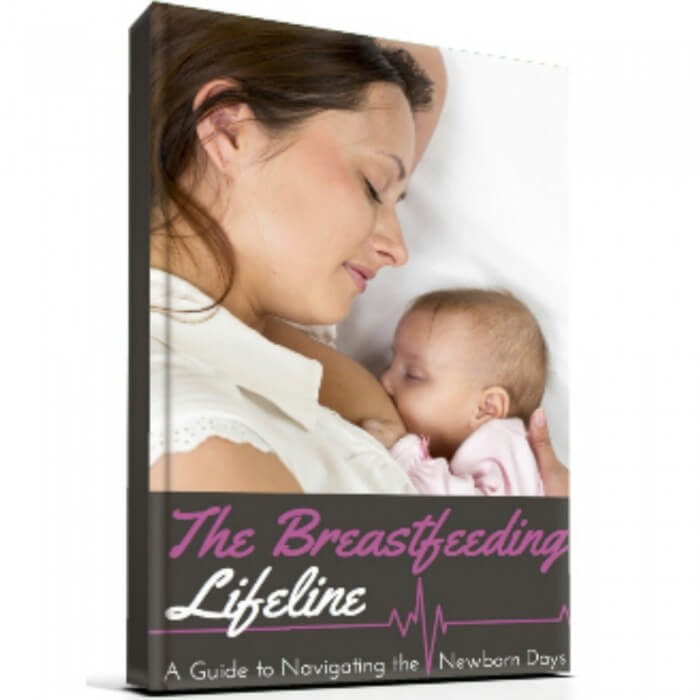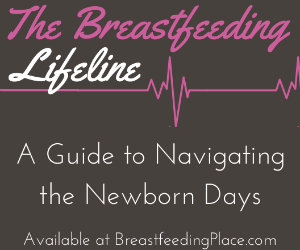 Breast milk is pretty amazing. In addition to providing all the nutrients your baby needs for its first year of life (and longer!), there are also antibodies in breast milk that give your baby the defense it needs to fight sickness in the early years of baby’s life.
Breast milk is pretty amazing. In addition to providing all the nutrients your baby needs for its first year of life (and longer!), there are also antibodies in breast milk that give your baby the defense it needs to fight sickness in the early years of baby’s life.
What Are Antibodies in Breast Milk?
Antibodies, also known as immunoglobulins, are special proteins used by your immune system to ward off the bad guys, such as bacteria and viruses. They come in five different classes, and although all five have shown up in breast milk, one in particular is the most prominent: secretory IgA (aka, sIgA, or Immunoglobulin A). These antibodies hang out in your gut and protect it from attackers. When babies drink breast milk, their bellies get loaded with IgA to help them fight pathogens (anything that can produce a disease). Formula doesn’t produce IgA, which is why breast milk is so important for keeping your baby’s belly protected.
Two other components also play an important part in protecting baby’s body: lactoferrin and lysozyme. Lactoferrin can fight against the growth of bacteria by agitating their carb-digesting process. Lactoferrin can also dissolve the availability of iron, a mineral that many pathogens thrive on. Lysozyme prevents bacteria from growing in the belly, and it’s also anti-inflammatory.
Where Do These Antibodies Come From?
When a mother comes in contact with a pathogen, her body starts creating the antibodies necessary to fight it. These antibodies are very specific and are made to fight the particular pathogen the mother encountered. They travel from the mother’s gut to her mammary glands, where milk is made. When baby drinks the milk, the antibodies help keep baby safe from potential infections it encounters early in life. And if baby contacts germs before the mother does, the baby will pass the germs to the mom during nursing, and by the time the next breastfeeding session comes around, the mother’s milk will already be full of antibodies to protect baby against the germs it encountered.
Do Antibodies in Breast Milk Get Rid of Good Bacteria?
Our bodies produce plenty of good bacteria to keep it functioning properly. However, the bad bacteria is the only thing that antibodies attack. They won’t harass the valuable flora found in baby’s belly. These antibodies also don’t cause inflammation to ward off diseases, so they won’t damage the tender tummy tissue. In fact, breast milk contributes to the good bacteria by producing bifidus factor, a compound that encourages the growth of lactobacillus, another good bacteria to protect baby’s tummy.
What Diseases Can Breast Milk Fight Against?
Breast milk can help protect baby against just about any disease, including respiratory infections, ear infections, allergies, colds, viruses, salmonella, meningitis, pneumonia, diabetes, urinary tract infection, Haemophilus influenzae type B, and even cancer. Breast milk and breastfeeding also greatly reduce the risk for SIDS.
Have you seen the effects of antibodies in breast milk with your little one?
Sources:






[…] Breastfeeding – While this isn’t an option for everyone :), children who are breastfeeding gain many antibodies for viruses and illnesses for which they would not have received otherwise. Breastfeeding almost always ensures a child will stay hydrated as, again, it’s easy for them to digest and is quickly used by their little bodies to aid in healing – or to protect from illness. While sick, a nursing child may want to nurse more frequently. This is good and should be encouraged as much as possible. For more on the benefits of breastfeeding for protection from illnesses, see this post. […]